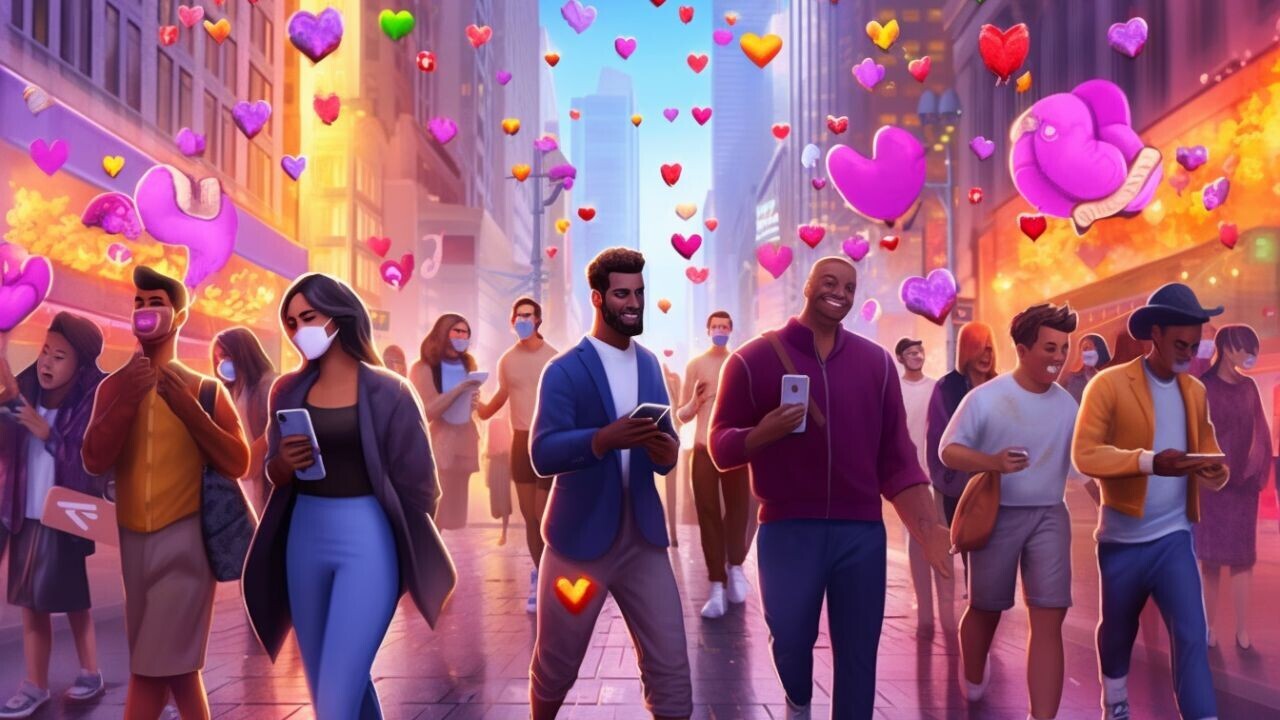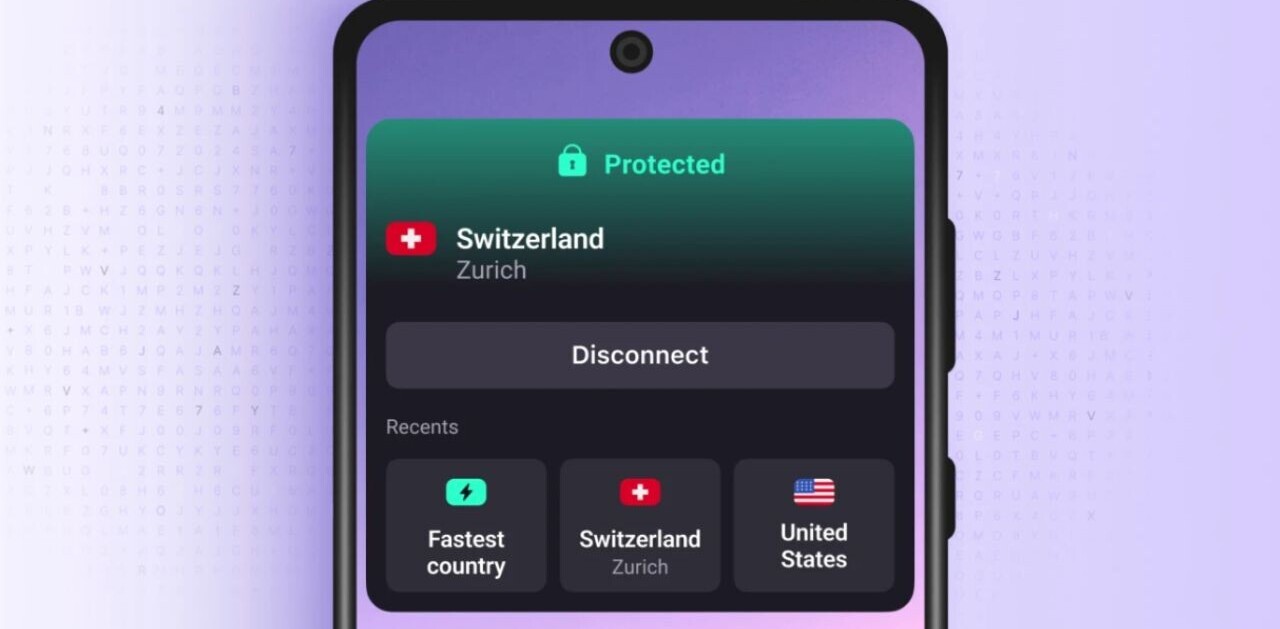
This article is by Alex Pasykov, CEO and founder of dating apps Hily and Taimi, who will be speaking at TNW Conference, which takes place on June 15 & 16 in Amsterdam. If you want to experience the event (and say hi to our editorial team!), we’ve got something special for our loyal readers. Use the promo code READ-TNW-25 and get a 25% discount on your business pass for TNW Conference. See you in Amsterdam!
2023 has been a rough year for startups. Getting funding has become increasingly difficult, and this is no different for the dating app industry. Investors want dating businesses to operate effectively without raising investment. Dating companies that combine technological solutions with a strong brand have an advantage in further expanding their user base through organic growth, performance marketing, and paid acquisition. Thus, it’s now more important than ever to align product strategy with trends to build a sustainable dating business.
AI and the future of dating apps
Generative AI might be the breakthrough technology of 2023, but for dating apps, its possibilities are limited. We will likely see some features that help users to start a conversation faster or better than just: “Hey, how are you,” using AI-generated prompts and prescribed icebreakers. But because users will still want to chat with other real people, dating apps can’t just let large language models impersonate users on the platform. Nobody wants to date a chatbot in the real world.
However, AI can be integrated to improve algorithms and make dating apps run smoother. For example, it helps suggest people to connect with, based on a user’s preferences and usage history. And although chatbots cannot replace users on the platform, they can offer quick and efficient customer support. So dating apps can use large language models to answer user questions or help with other queries.
Greater Segmentation and Personalization
In the near future, dating apps are heading towards greater personalization for segmented audiences. Since Tinder’s breakthrough in 2012, it has catered to all audiences. But now, apps are gradually evolving and begin to cover more specific dating preferences for specific audiences. So, instead of one big app covering all needs, we have different apps created for different audiences and dating interests — like polygamous relationships or dating for Christians.
While segmentation is a growing trend, extremely niche apps like pro-vaxxer/anti-vaxxer apps, might not have the most sustainable business model. By drastically narrowing your audience and relying on a tiny user base, you introduce risks that could make it hard to raise funding or provide desirable metrics to investors, regardless of how cool your idea is.
While some dating apps focus on specific audiences, others focus on specific needs. For example, there are apps where you can indicate your preference for a one-night stand as opposed to a long-term relationship. There is a catch, though: when apps focus on specific audiences, like people looking for hookups, users are likely to switch to other dating apps that serve more needs than such nuanced experiences.
The future of dating apps
While it has become increasingly hard to raise funding, the online dating landscape has become more complicated as well. The biggest issue is still that most dating apps run on business models that need users to keep using the apps as long as possible, as opposed to quickly satisfying their needs. That said, dating apps that can successfully shorten the time between a first like and an actual meeting will likely succeed in the long-term.
In this regard, niche apps catering to specific audiences or needs, are leading the way. These apps set the standard for service quality for their targeted users and will elevate the level of service. If larger apps can learn from their experiences by integrating and effectively serving those segments within their own apps, it will accelerate business growth and acceptance of these apps in society.
The purpose of dating apps is not to make every user fall in love with each other, but to give them the freedom to pursue what they want — romantically or sexually — at any given moment. Today, someone might be looking for a date, tomorrow a casual hookup, and the day after that, a long-term relationship. By understanding the complexities of online dating and staying in tune with users’ evolving preferences, dating apps can increase their chances of success in key business metrics that matter to investors.
Check out Alex Pasykov’s talk at TNW Conference on June 15-16 to learn more about successful go-to-market strategies. Use the promo code READ-TNW-25 and get a 25% discount on your business pass for TNW Conference.
Get the TNW newsletter
Get the most important tech news in your inbox each week.




